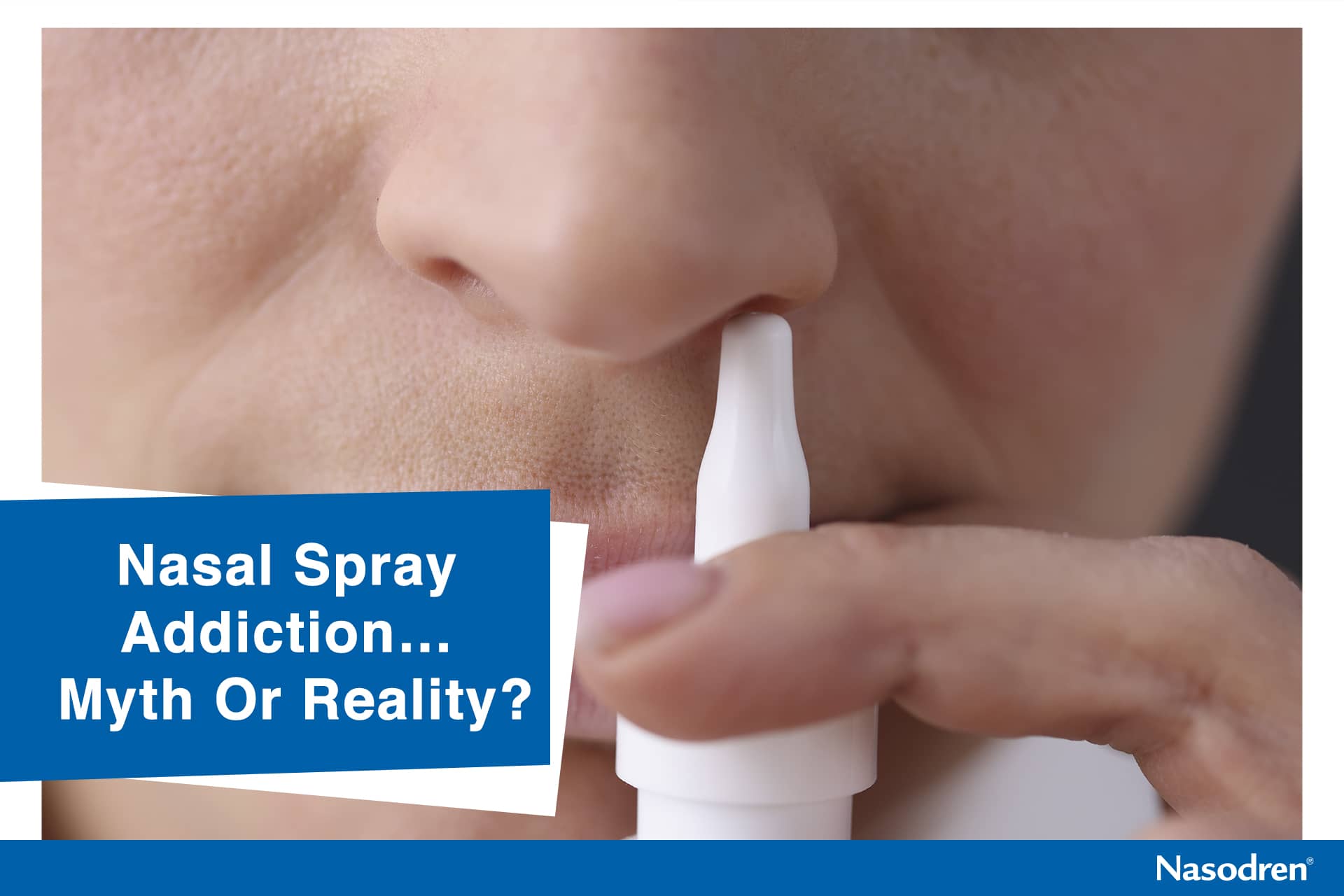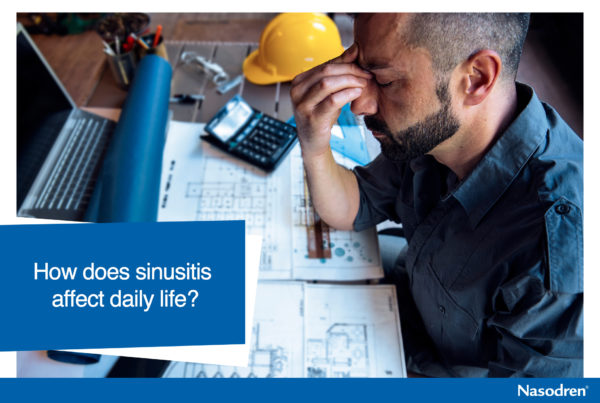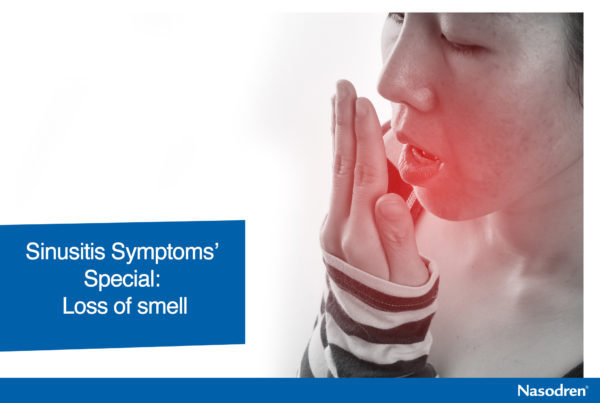Is there anything more annoying than a lingering blocked nose? Yes, many other problems may be popping into your mind, and you are probably more than right. However, we can all agree that a stuffed-up nose that lasts more than three days easily gets on our nerves, especially when it’s bedtime, and we want to have a good night’s sleep.
In a desperate bid to breathe softly and deeply again, a lot of people end up embracing topical nasal decongestants that provide them with quick relief, as if by magic. Yet, every magic trick keeps a secret that once figured out, generally leads to disappointment. This is, more or less, what happens when using over-the-counter nasal sprays in the long run. Don’t you know anyone who can’t ‘live’ without them? In other words, people need to use such sprays every few hours to keep ‘functioning’? It’s not surprising that some even call this dependence an addiction, but to what extent is it for real? And, if so, how can people become addicted to nasal decongestants? What’s the problem, then?
Vasoconstrictors help open up clogged passages by using chemicals (phenylephrine, oxymetazoline, ephedrine, and others) that cause the blood vessels to shrink by reducing blood supply, thereby reducing inflammation nose. However, if you use them for more than 3 to 5 days in a row, several times a day, you may start suffering from what experts define as ‘the rebound phenomenon. Basically, what happens is that little by little, the nose gets used to the constriction and becomes less responsive to the medication. Looking for that immediate effect that leaves their noses open and clear, some people increase the medication dose, spraying more and more frequently but experiencing less and less improvement of the symptoms instead
This vicious circle leads to a condition called ‘Rhinitis Medicamentosa, characterized by nasal obstruction with neither sneezing nor rhinorrhea. There are times when people get caught up in this situation for months and even years.
This condition accounts for about 17% of visits to ENT specialists
Getting over rhinitis medicamentosa isn’t easy. It might take you a weaning process for a few weeks through which you could have symptoms of withdrawal, including worsening congestion, headaches, and trouble falling asleep.
So, yes, overusing nasal sprays bears a resemblance to what we identify as an addiction, even if it doesn’t entail any changes in your brain. And it happens more often than you would expect and even to famous people. If you don’t believe it, ask the actress Kaley Cuoco, famous for her role of ‘Penny’ in the American TV show ‘The Big Bang Theory, who last year confessed her addiction to nose sprays. “I couldn’t get enough. It was such a problem that I ruined my sinuses, so I had to get them fixed. I actually made it completely worse”, she admitted.
Nasal decongestants? Yes, it’s definitely an option, but not for more than three to five days. If you happen to suffer from conditions like chronic sinusitis, look for alternatives, especially those products that are 100% natural. And we are sure you’ll breathe the difference!








